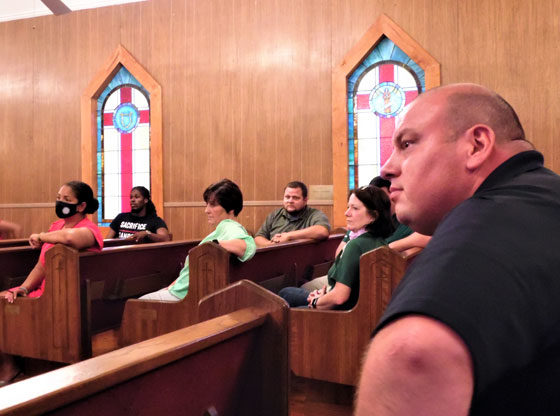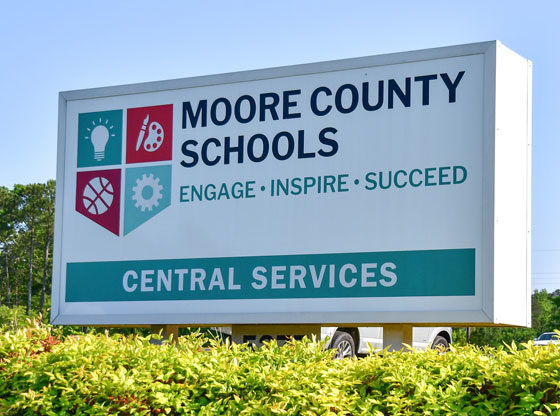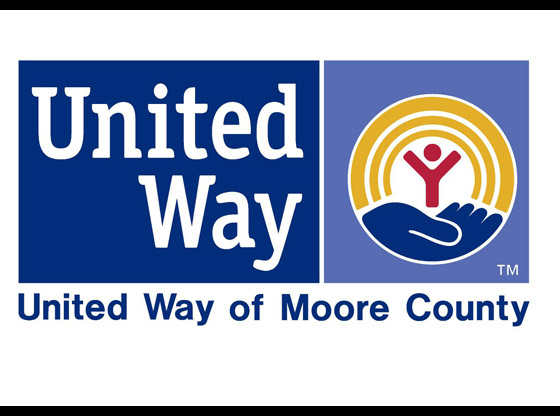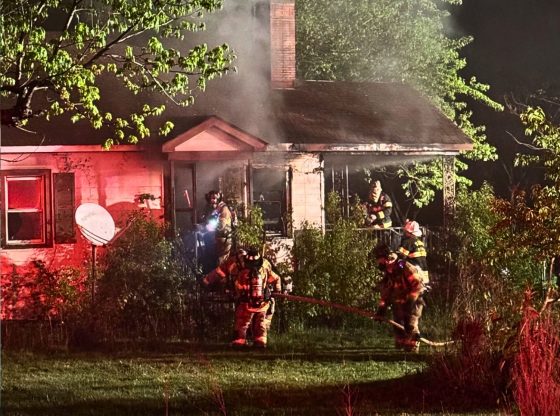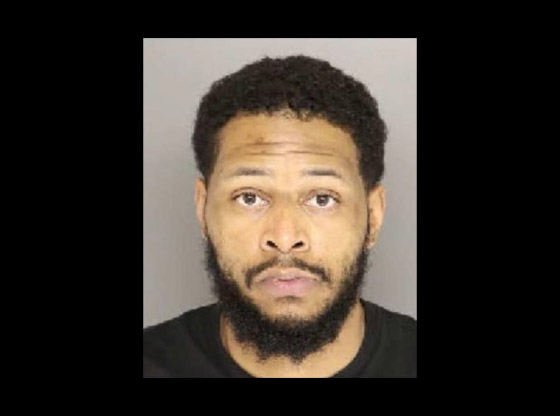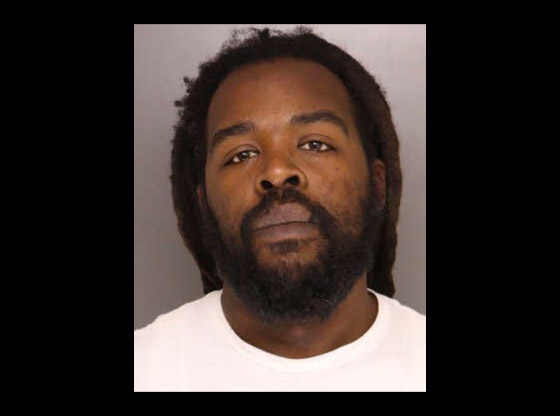Community leaders and citizens held a round table discussion on racism Tuesday at Collins Chapel Church in Robbins. Dianne Wyatt organized the discussion because she said she felt that talking and getting to know one another would lead to change better than protests or a march.
A list of concerns was introduced for discussion by Demond Hairston, President of the National Association for the Advancement of Colored People in Montgomery County and Pastor of New Zion AME Zion Church.
Under the law enforcement list of grievances were racial profiling, hiring and firing process of officers, and learning the benchmarks of complaints needed to have an officer fired and who to contact.
Under the educational list of grievances were unequal punishments between students of different races and the ratio of minority educators.
“When this kind of thing goes on too long, things can go wrong,” Hairston said.
Moore County Sheriff’s Chief Deputy Richard Maness said that it was “difficult to hire cops these days,” and said that there is not a one, two, three strikes out program, but that each grievance is weighed on the incident.
Wyatt shared two law enforcement concerns, one was about racial profiling when an officer allegedly watched youth going to a local game room and then giving them tickets when leaving.
Wyatt’s other concern was discriminatory about a car wash having every slot taken by a big truck and guys standing around talking. The comment was made that “they can do it, but we can’t.”
Robbins Chief of Police Lawson Thomas instructed how to file a complaint form and said that all complaints were investigated but that details of outcomes were under privacy restrictions.
Hairston said that they were wondering about forming a community review board to maintain accountability, and Maness said that job performance review protocol and training were in place by the state.
Maness also said that Sheriff Fields wants to pick a group of people from each corner of the community to come tell him how things are going.
It was suggested by Robbins Mayor Lonnie English that relationships be formed and to start by having officers speak at area churches.
On the discussion of discipline in schools, Moore County Schools Police Chief Arthur Frye said that the rates of youth from Robbins in the juvenile court system were lower because they work hard to place youth who “cut up and cuss” into in-school disciplinary programs instead of immediately pressing charges.
“So many of our children carry so much baggage. A lot of kids don’t have home training,” Frye said.
Moore County School Board Vice-Chair Pam Thompson told attendees that they had developed a group to look at why more Black students were being disciplined.
Concerning hiring practices, Thompson said that they were now looking more closely at race on applications and if equal or close in qualifications (to whites) in hiring teachers, will consider minority prioritization.
Hairston asked about minority teacher recruitment and Thompson said, “I am not saying we are where we need to be, but there was a time we wouldn’t see any.”
Discussion covered the lack of minority instructors at Westmore and High Falls’ schools and that North Moore had only one, and that most minority employees in those districts were custodians, food workers or bus drivers.
A lack of adequate housing, appropriate salaries, and community attraction was cited for lack of minority instructors.
A personal experience in hiring practices was shared by Assistant Principal DeWayne Simmons who works in Charlotte.
“I didn’t get interviewed in Moore County but had multiple offers in Charlotte and felt like it was me,” Simmons said.
Hairston suggested that more round tables be conducted and that community meals be shared and to “stay at the table no matter how awkward it gets.”
“If more towns did this, we’d see some changes,” Robbins Commissioner Joey Boswell said.
Article and photo by Sandhills Sentinel Journalism Intern Stephanie M. Sellers.


